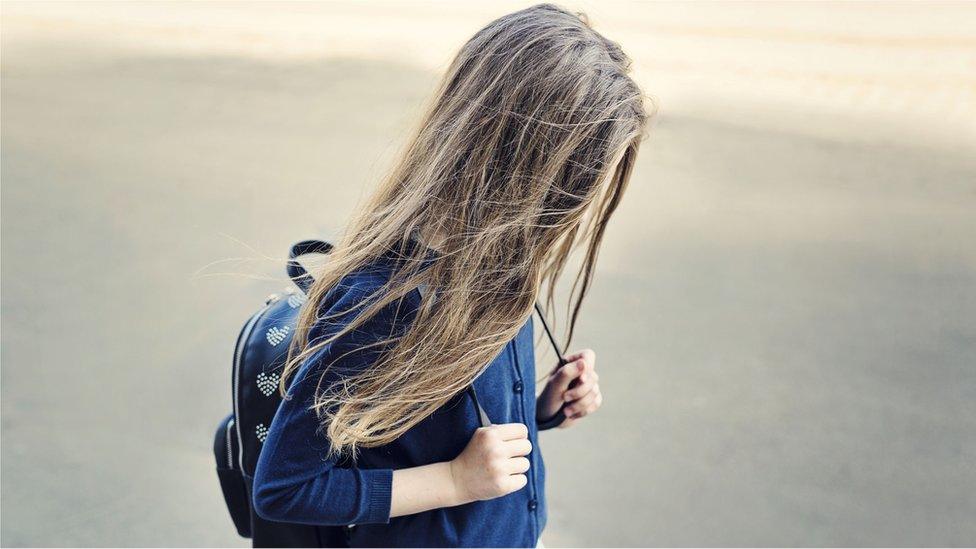Girlhood: The viral agony aunt site for teens blowing up on TikTok
- Published
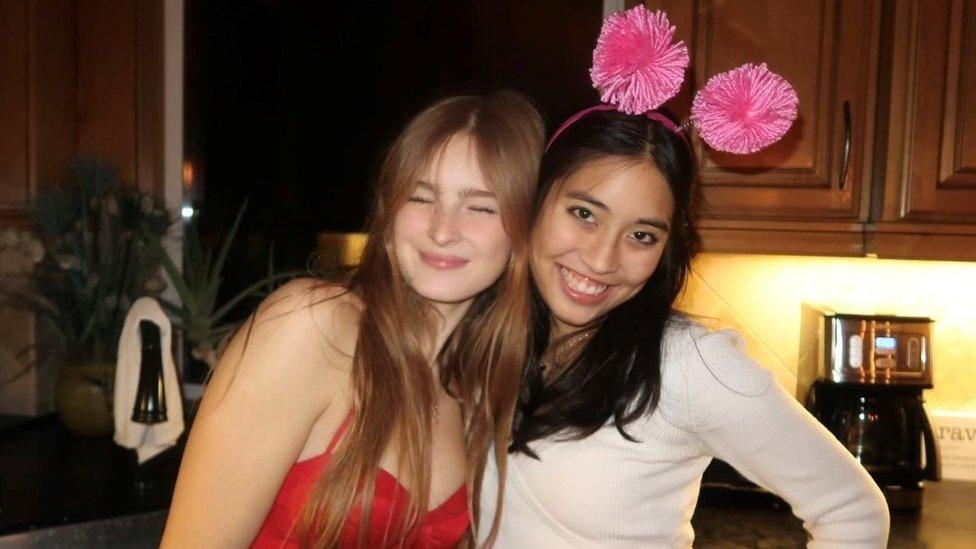
Sophia Rundle and Mia Sugimoto founded Girlhood which already has thousands of followers online
Getting frozen out of a group chat. Moving on from your ex. Romantic feelings for your best friend.
They're daily problems for many teenagers around the world. But what if you want to talk about them without spreading drama?
That was the question Sophia Rundle and Mia Sugimoto, founders of the viral blog Girlhood, wanted to answer.
"Growing up as a teenage girl is difficult, and it's hard and it comes with a lot of trials and tribulations," says Sophia.
So the friends, who are both 17 and live in the USA, say they wanted to create a "safe space" for teenagers to discuss their problems.
Their original aim was to create somewhere for girls who either don't have people they can talk to or don't want to "spread drama within friend groups".
And when Mia and Sophia invited others to send their problems to Girlhood, they quickly noticed the same topics cropping up.
"There are so many girls that have similar boy issues, similar toxic friends, similar bullying, similar body image issues, things like that," Sophia tells BBC Newsbeat.
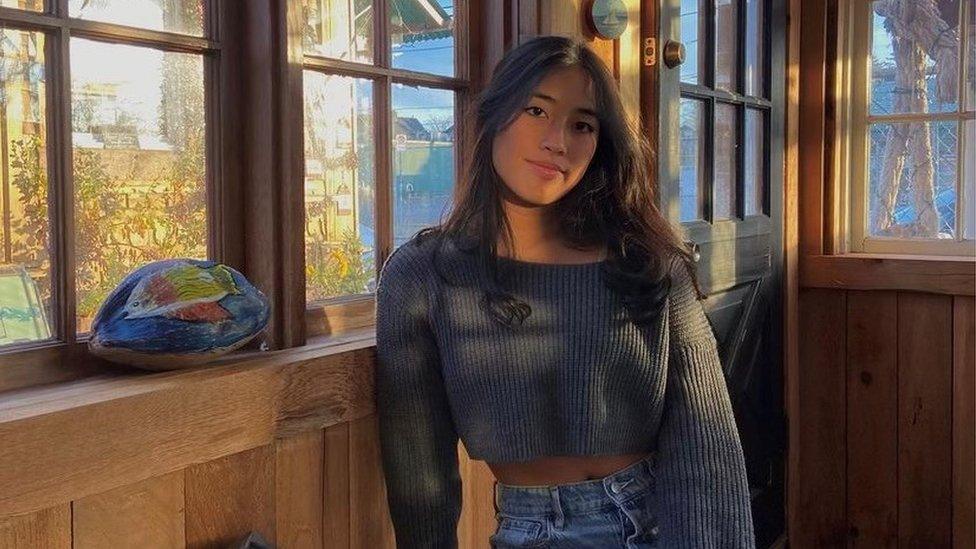
Mia tells Newsbeat she was inspired to start the blog by the Barbie movie
So when the small blog went viral on TikTok, it exploded, attracting millions of likes and thousands of fans across Girlhood's different social media accounts.
The site's been so successful that Mia and Sophia have been recruiting volunteers from around the world to help them respond to queries.
But is social media the best place to discuss personal problems?
BBC Newsbeat's written about the positive and negative sides of online advice before, and how trends can turn dark.
But what do the professionals say?
In the UK, data from the NHS shows more teenagers are suffering from mental health concerns.
Recent figures also found girls aged 17-24 were more likely to be affected than boys the same age, and young people are waiting longer for professional support.
Marjorie Wallace, CEO of mental health charity SANE, tells Newsbeat these figures mean it is "critical for young women and girls to be able to talk about their mental health problems".
"Talking about it before it reaches crisis point could be very helpful," she says, but adds sometimes it's not enough to just vent online or talk to friends.
"What is really very important is that you have somebody who's experienced in mental health - a psychologist or other professional - who monitors the conversations," she says.
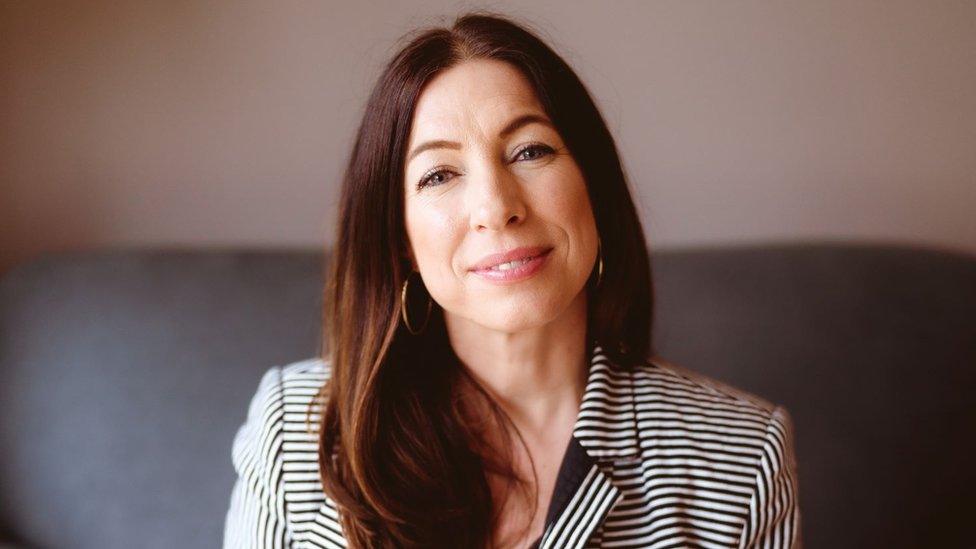
Dr Beth Mosley says it's important to share problems, but sometimes it's necessary to speak to adults or professionals
Clinical psychologist Dr Beth Moseley says young people rely on the internet and social media to find advice and agrees that having a platform to discuss your worries can be positive.
But it's important to recognise when you might need to seek professional help, she says.
"It's normal for young people to experience anxiety, it's normal to have periods of low mood, and to worry about things," Dr Beth says.
"But when that anxiety or that low mood, or worry, takes over to the point at which you feel like you can't do the normal things that you want to be able to do in your life, then it's probably important to share that with someone."
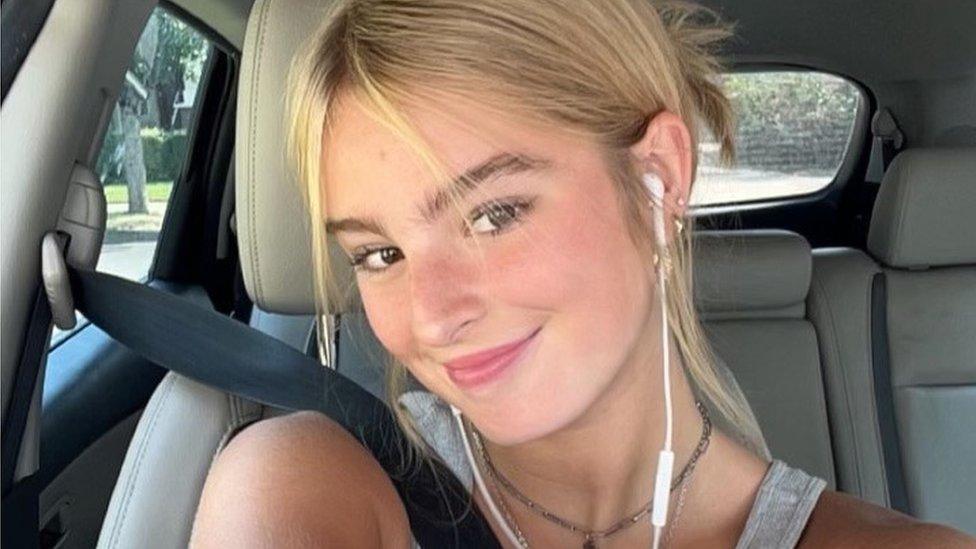
Sophia hopes Girlhood will help teenagers feel they're not alone with their problems
Mia and Sophia are really keen to point out that neither of them, nor any or any of the teenagers who apply to offer advice, have any training in mental health.
They say that if someone gets in touch with a serious concern related to illness or abuse, volunteers send them details of professional helplines and resources.
Sophia says they want Girlhood to feel "as though you're talking to your girl friend or your best friend", focusing on friendships, relationship advice and wellbeing tips like music suggestions for unwinding.
"It's not something that we want to promote as mental health counselling," she says.
"Because that's not only not fair to the people receiving the advice but also the girls and the volunteers that are providing the advice."
Mia and Sophia say their ultimate goal is to "inspire positivity" and maybe even inspire others to start similar networks.
Their site also contains blogs, poetry and other types of writing about being a girl - written by themselves and contributors.
"What we've learned from this experience thus far is the fact that so many girls deal with such similar issues," Sophia says.
She adds that, what she and Mia really hope Girlhood achieves is "letting them know they're not alone".
If you've been affected by the issues raised in this article, help and support is available via BBC Action Line.


Follow Newsbeat on Twitter, external and YouTube, external.
Listen to Newsbeat live at 12:45 and 17:45 weekdays - or listen back here.
Related topics
- Published4 September 2023

- Published14 May 2022
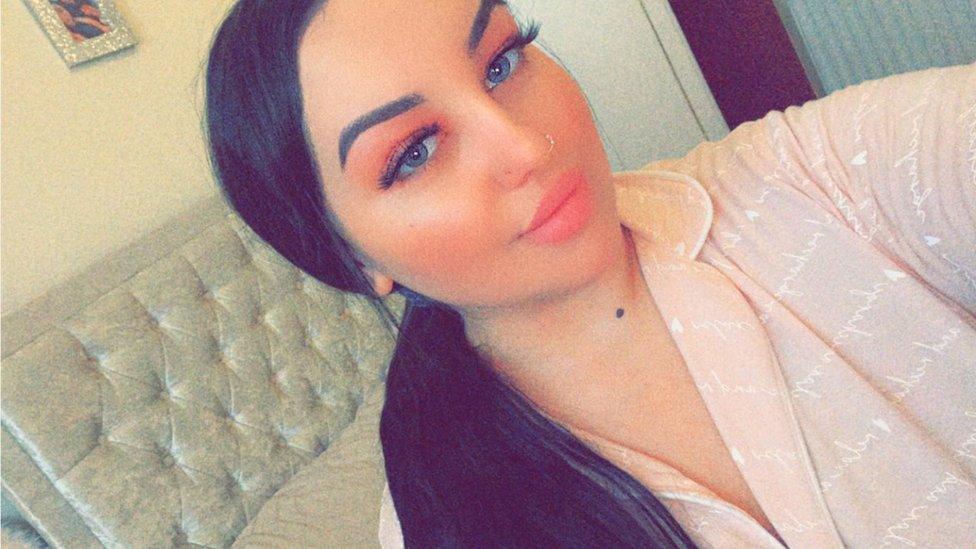
- Published18 August 2023
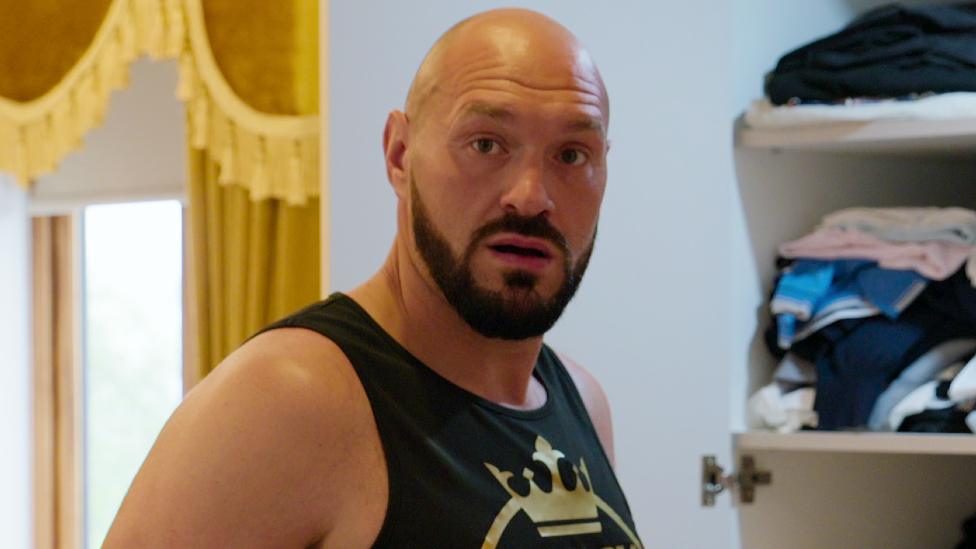
- Published29 November 2022
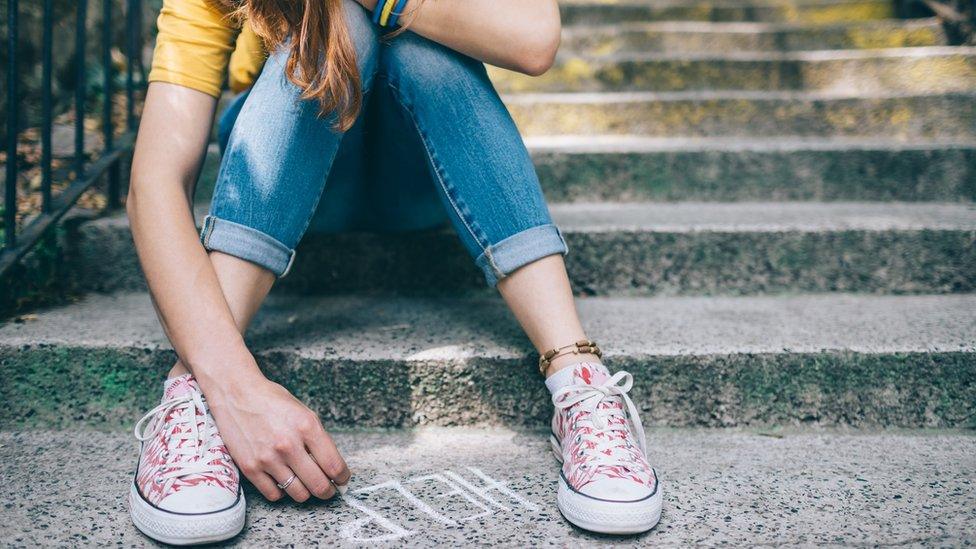
- Published4 February 2022
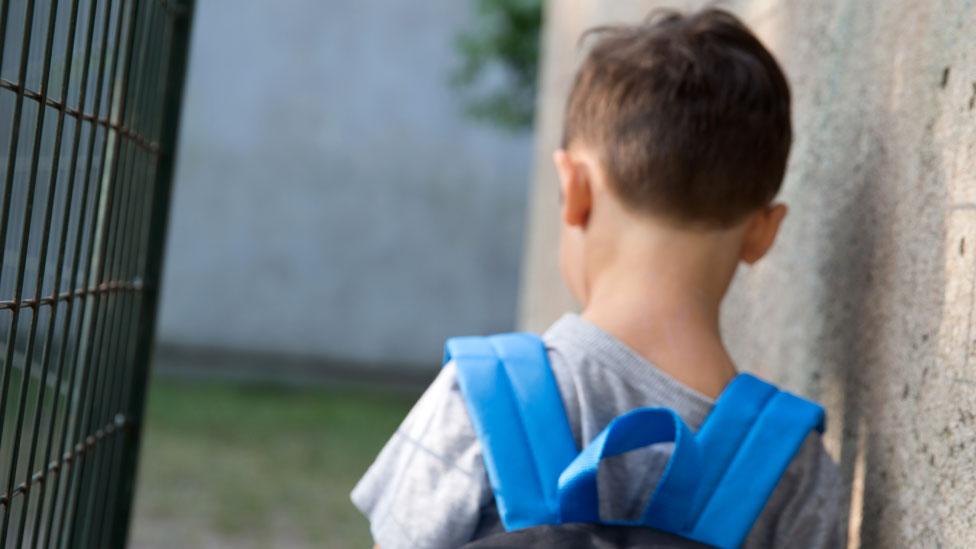
- Published21 September 2021
